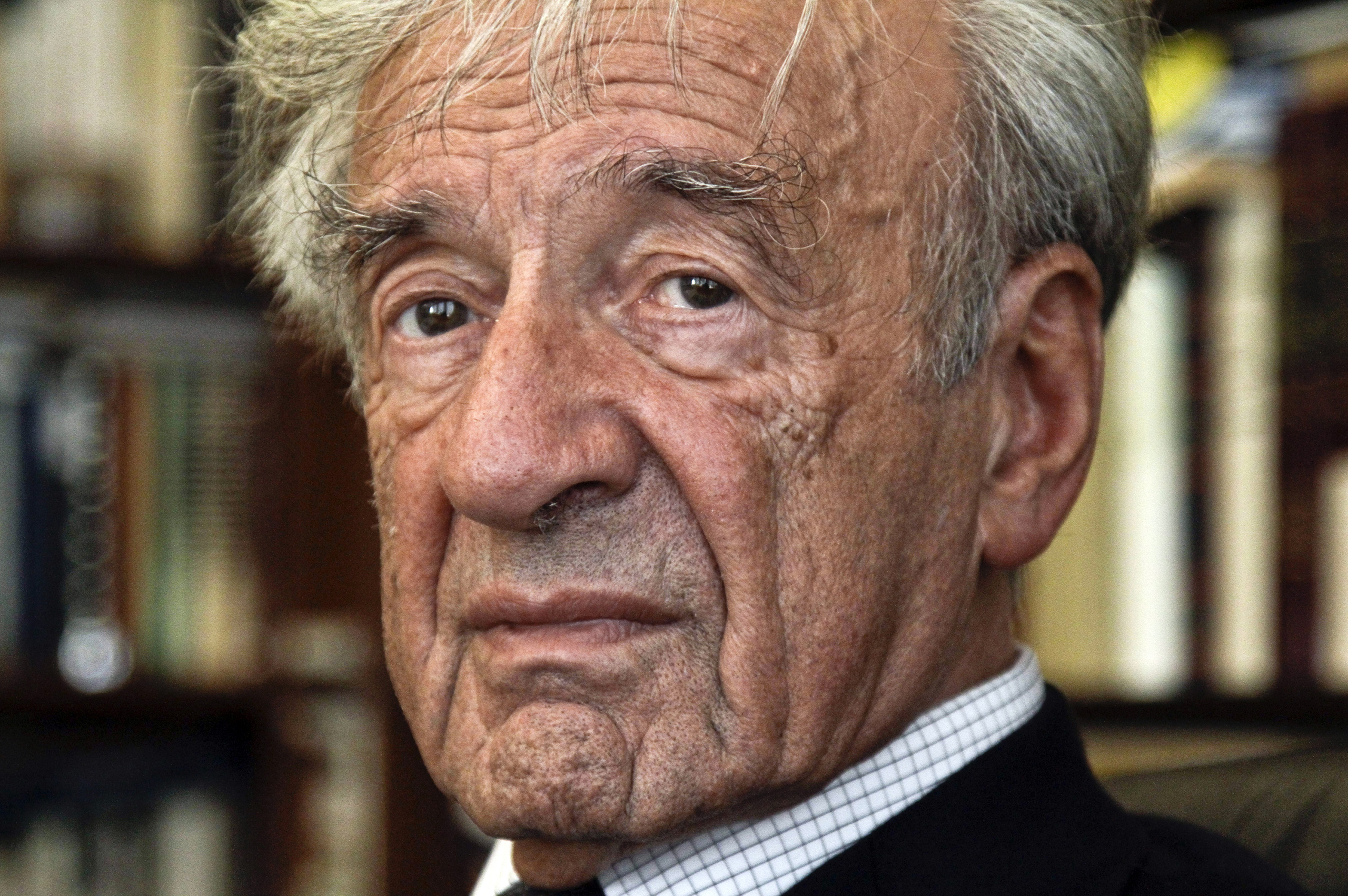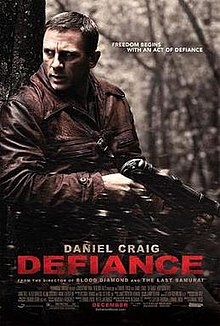What is ethical in war? Though answering this question would require far more space than I have in this blog, I ask it as I think one, about posting about Eli Wiesel yesterday; and two, Dawn, a novel he wrote that takes place during Israel's struggle to overcome the British mandate for Palestine and wrest its independence from Great Britain. Dawn tells of the plight of a young Israeli soldier, Elisha, who has been ordered, at dawn, to execute an equally young British soldier, John Dawson, who has been captured, tried, and sentenced by an Israeli military court.
For page after page, Elisha struggles: should he or shouldn't he? On the one hand, he must follow orders. On the other hand, he realizes that John Dawson has hopes and dreams, too. Executing Dawson is a pragmatic decision, one dictated solely by the prevailing circumstances. Morally, it is neither right nor wrong. It's just what must be done.

Now sparing him involves, yes, deciding what is right and wrong. Yet the most difficult aspect of this decision is not deciding whether it is right or wrong. It is rather accepting that such a notion exists. For once we do, we bump squarely into the limits--and possibilities--of our humanness. Life becomes infinitely more complicated.
And that's the point. We may live pragmatically, but we cannot die with it only.





